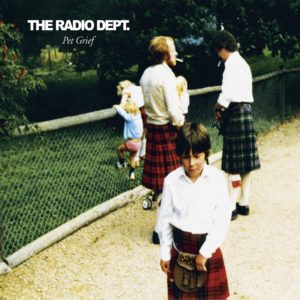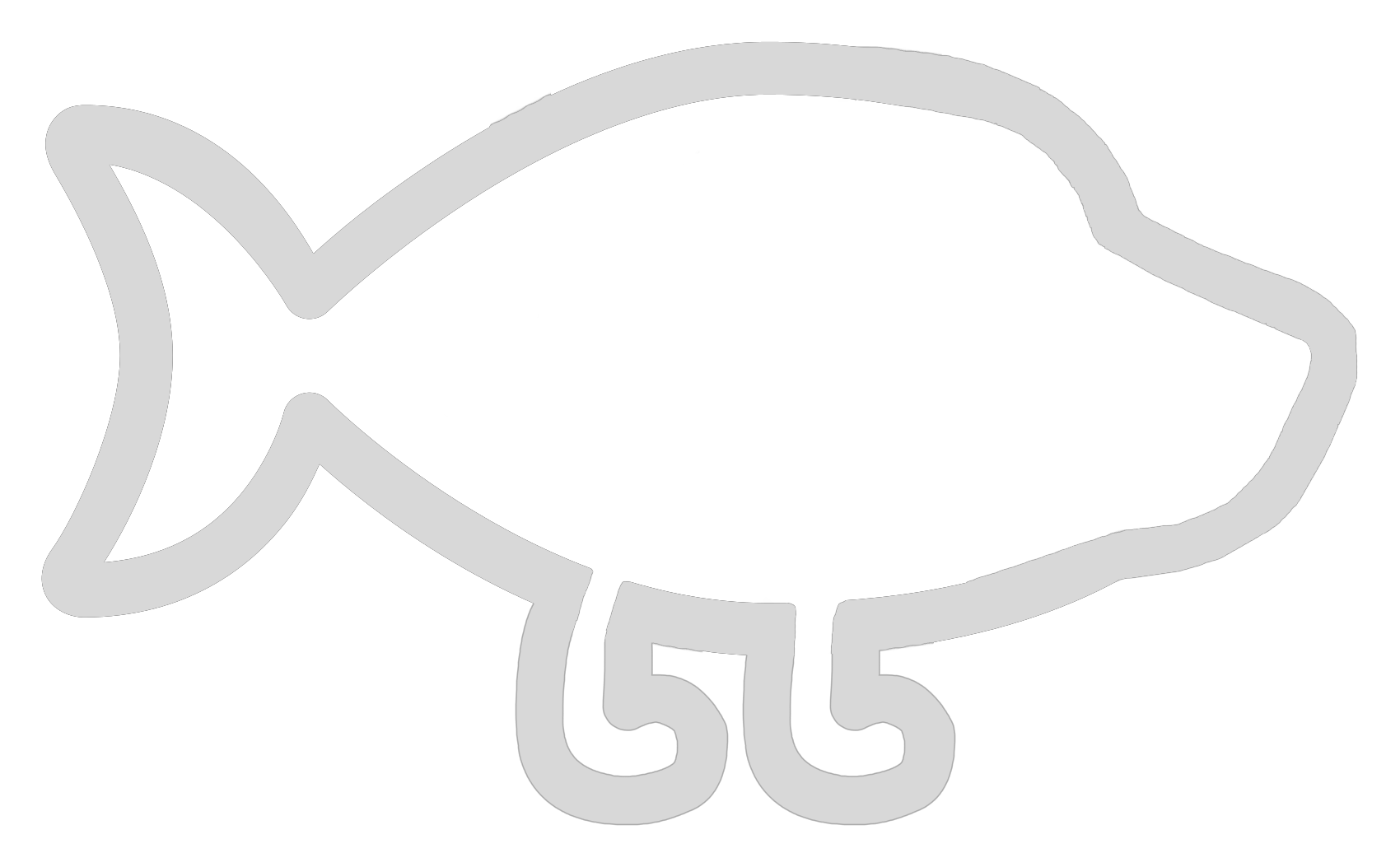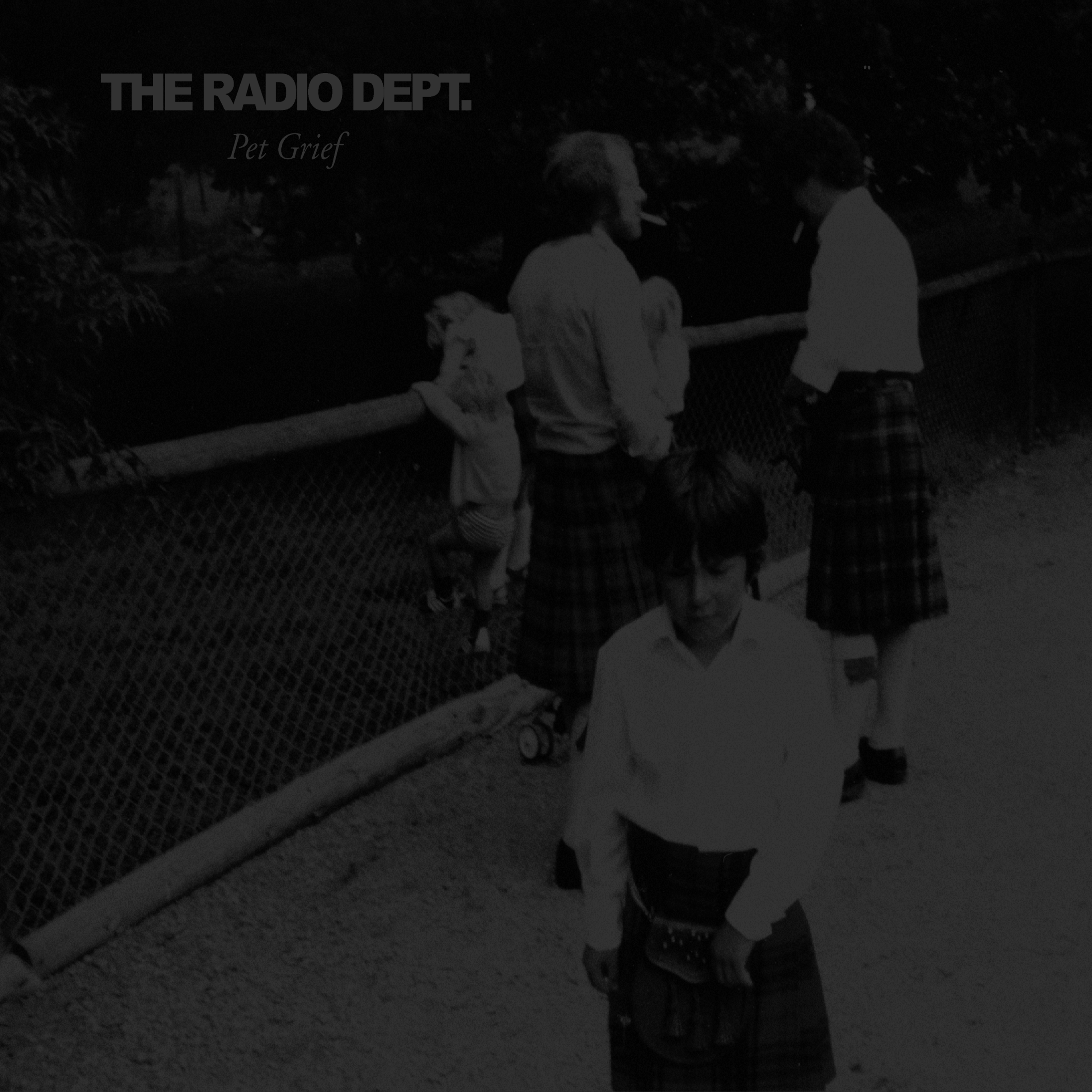This post was originally made offsite in March 2022.

Background
I stumbled upon the Radio Dept. back in 2016, and I wish I had sooner. They make amazing music, and if your taste is anything like mine then you’ll easily sniff out their major influences. Any number of groups could be fair comparisons, but to me, they feel so much like the shoegaze stepsons of the Pet Shop Boys, the Jellyfish to their Beatles, if that means anything to you. The drum tracks, the synths, the European sensibility of it all, you can’t doubt for a second that they absorbed everything Chris and Neil were putting out in the 80s and 90s. Today, I wanted to look closer at the album that introduced me to this group, an album I unrepentantly recommend to everyone and anyone, and get a little deeper into it. Let’s see what makes these tracks tick, pick out some themes, and catch massive vibes along the way.
Track by Track Thoughts
The album sidles up into the ears with “It’s Personal,” an amazing tone setter and opener. There’s a wintry, swirling texture coating the track that builds up the emotional walls that the later songs allow you to peek over. There’s a lot of layer building, where every so often an element is introduced, and seconds later you forget it was ever absent. As it ends, it leaves a loud silence that feels anxious to fill up.
Fill up it does, with the heavy, industrial, almost tribal-like percussion that gives way to title track “Pet Grief.” The synthesizer carries the instrumental, while beautiful piano and acoustic guitar enter to round out the sound. The dreamy, listless, accented vocals are trademark Radio Dept., as Johan Duncanson lets you in on his inner monologue, his urge to be there for his friend who’s just been dumped clashing with his unspoken love for them. He holds back, “I’ll shut my mouth for you,” but he knows how feckless he comes across, “what can I say, what can I do for me to analyze you?” It’s a situation that has no optimal outcome (“It is a double bind, I can’t win this one“), but he chooses the passive option here to keep from pushing them away.
“A Window” marks a lower point in quality for the album. As the song fades in, the different instruments and the vocals all compete for space in a way that makes them feel muddy instead of accentuating each other. There’s a patch that sounds like an accordion that really doesn’t sound too good and doesn’t warrant its spot as a focal point. It doesn’t move the listener in the way others surrounding it do. The lyrics are less evocative than the rest, with most of the song seemingly about being quietly proud of one’s hands. Whatever metaphor it’s employing is cryptic enough to be dissatisfying and not worthy of a whole song. This is one I could live without.
It’s a recurring theme, but I feel that the drums on “I Wanted You to Feel the Same” show that this album would be so much worse if it employed a real drummer throughout. The mechanical time and just-too-perfect sounds contribute heavily to the vibes of the album, and this song shows it better than most. We continue exploring the themes introduced in “Pet Grief,” anchored on unrequited love, but this time it’s a different scenario, with the relationship preexisting. Johan confesses that he wanted his partner to feel pain, to feel as exhausted with him as he did with them, but they’re so checked out that they just feel nothing. The song manages to perfectly match the lyrics sonically by breaking through the ethereal feel with some harsh and dark piano, contrasting and bringing it down to reality, the confessions slicing through a bond that was paper-thin to begin with.
“South Side” is the perfect interlude, and artists should take note of it. It’s a seamless transition from the last song, and it feels like it’s asking the listener questions about what they’ve just heard without having to say a word. Where did we end up? Where do we go from here? The sound drops out to allow for a breath, a contemplation, and then the band answers with all they’ve got.
“The Worst Taste in Music” is close to being a perfect song if it’s not. Every element works together to create a feeling and tell a story, and each can stand on its own. The guitar and the string synthesizer play off each other beautifully to create a body. The bass of the song is a percussive synth that keeps everything moving along. The drums bring so much energy, especially the masterful hi-hat patterns. The dark piano from “I Wanted You to Feel the Same” comes back, being used almost as punctuation for the lyrics, which themselves are raw and honest if petulant. That piano isn’t the only thing adopted from that song, as I feel the scene painted is a continuation of the one there too. Johan is wondering why his ex would still hang out with him, as he’s jealous of their new boyfriend, but the one thing giving him comfort is the knowledge that he has “the worst taste in music.” He may not have his love, but he has his songs, and that gives him a sense of value that he can hold onto, irrational hope that his taste can bring him back into good graces. It’s naïve, but it’s real.
“Every Time” is probably the closest thing to a “normal song” on the record, driven by guitar and a splashy drum machine. The lyrics — and at times, the vocals — are reminiscent of something Julian Casablancas of the Strokes would come up with, as he urges his partner to change their mind about going out tonight. He’s been here before, as he insists it isn’t his fault if they don’t, and the brightness of the song starts to feel sarcastic as he does. Not much else happens, and the song might not really warrant its almost four-minute runtime, but then again it doesn’t ever feel as long as it is.
One of the prettiest songs on the album is “What Will Give,” led by piano, acoustic guitar, bass guitar, and anchored by some active drums. I think this one is more autobiographical, and refers to Johan and the band being unsure of how to present themselves live and deal with fame and its trappings. He dares himself to show vulnerability, to be sensitive, but the mere thought makes him want to go full recluse, making a surprising deep cut reference to Jandek, a musician who went almost 30 years successfully hiding from the public before facing the world and performing live. The bass beautifully takes the lead toward the end as the song bows out.
That’s followed by “Gibraltar,” a simple piano-driven track that serves as a second interlude. There’s a theme here, and that’s that interludes in this album come before absolute bangers.
The absolute banger in question is “Sleeping In,” which starts a one-two punch of songs that can stand against any sequence on any album. The guitar takes a real lead for the first time, accompanied by some active and rangy bass. The drums are almost more atmospheric than percussive, as Johan sings about depression in a way that could either be about sleeping the day away or suicide through a morbidly beautiful lens. The subject is at rest, with “no more headaches” after making a commitment to check out of life, and Johan finds this to be a graceful and almost inspirational choice. Whether he wants to just not be productive or not live at all is left up to the listener, but either way it’s a tempting act of giving into his depression.
“Tell” is an actual perfect song, full stop. The bass is the most interesting part, almost exclusively operating on the higher end of its range, while some pretty synths and vocals play over it. The drums are mostly bright and high too, leaving the low end very sparse in a way reminiscent of their influences working on simpler equipment decades before. The lyrics are beautiful if slightly obscure; from what I’ve gathered from hundreds of listens, I think it’s about some sort of infidelity. Johan sings from the point of view of the homewrecker, telling the listener that he’s felt the girl’s “loyalty” and that the listener’s been betrayed. He tells you that you can continue to believe you’ve got a bond with her, but only as long as he allows it to happen, that he can take her at any time. He’s coming clean because, as the line goes, “I get the privilege to enlighten you.” He can provide for her, better than you can, and all you can do is listen and either accept it or live in denial. This song is amazing and I really can’t emphasize that enough. It’s almost a shame it’s buried so far down the tracklist, but the buildup to get here makes it even more satisfying.
“Always a Relief” kinda sounds like a reworked and shoegaze-ified version of “Everlong,” mostly because of the guitar work. The title and opening line feel again sarcastic, as Johan bemoans how the subject is still a whiner. They don’t have much in common, but now that they haven’t seen each other in a while, they’re ahead of where they were before. The subject feels like another ex-lover, especially with the line “it feels like our time has gone to waste.” With as long as they spent together, you’d think that they would have grown closer, become better people, but it’s as if nothing’s changed. This feels like a prequel to the next song, sonically and in theme.
“Pulling Our Weight,” the penultimate track, also feels like reminiscing on a past love, but this one feels more explicitly gay. The singer and his ex “might walk the straight line” in the future, but for now, he wants to remember coming together, barely touching as if someone would catch them, giving into something seen as a crime. They’re both dreaming of a certain kind of love that they haven’t found again since then. I don’t know that this interpretation squares with Sweden’s famously progressive views and laws regarding LGBT rights, but I can’t hear it any other way.
We end on “I Don’t Like It Like This,” which really is a fantastic closer. It brings in themes of all the other songs, with the guitar we’ve been hearing recently being brought in line with drums that feel more like the earlier songs and a more subdued but still present bassline. The lyrics also feel like a sort of reprise of some of the ideas broached early on and throughout. I can hear the song in a lot of different ways, but my favorite is looking at it like the singer is experiencing a panic or anxiety attack. They’re talking with their crush, not able to say the one thing they want to say, but not able to “just stay silent” either. He insists that he thinks he’s dying, and tries to resist the urge to speak lest he confess his feelings, but his friend just keeps it going and he has no choice but to keep up appearances and die on the inside. It’s sad, it’s real, and it feels like a fitting end to the album. No progress was made, because he can’t bring himself to do what he needs to. The cycle can’t end without the courage to break it.
Final Thoughts
This is just a killer album, front to back. Fourteen songs total, and even if you count the two interludes against it, along with the mediocre “A Window” and “Every Time,” you’re still batting .714 and that’s damn good. The standouts are easily “Tell,” “Sleeping In,” and “Pet Grief.” I haven’t delved too far into the band’s catalog outside of this album, and I think part of the reason is that I don’t think they can top this, and I don’t want to find out that I’m right. This is the best dream pop/shoegaze record I’ve ever heard, and I can’t recommend enough that you give it a shot. The highlights are high enough to pull the score up from where it could be, so I’m giving Pet Grief a full-throated 8/10.

